Getting ready for an internship interview can be an exciting adventure for you. It’s a chance to showcase your skills and make a great impression.
The key to success is preparation. You want to be confident and knowledgeable when the big day arrives.
You should start by learning about the company and the role you are applying for.
Research their mission, values, and recent projects.
This will not only help you answer questions but also show that you are genuinely interested in the company.
Make sure to review your resume and cover letter.
Be prepared to discuss your experiences and how they relate to the internship.
Practice common interview questions with a friend or family member. This can help you feel more comfortable and improve your responses.
Remember to dress appropriately and bring extra copies of your resume.
A positive attitude and a smile can make a big difference during the interview.
Following these tips can help you feel ready and confident for your internship interview.

Understanding the Company
Before your interview, it’s important to learn as much as you can about the company.
Start by visiting their website. Look at the “About Us” page to understand their mission and values.
Next, read through any news articles or press releases related to the company. This helps you know what they have been doing lately.
Check out their social media pages. Follow them on platforms like LinkedIn, Twitter, and Instagram.
This gives you a sense of their culture and how they engage with the public.
Talking to current or former employees can be really insightful.
You can find them on LinkedIn and ask for a quick chat. Keep these questions ready:
- What is the company culture like?
- What projects are they most proud of?
- What are some challenges they face?
Make sure to review the company’s products or services. Understanding what they offer will help you see how your skills can contribute.
If possible, use the product yourself.
Look at their competitors too. Knowing the industry landscape shows that you are thorough. Check their websites and compare them.
Lastly, understand the company’s structure. Know who the key leaders are and what departments they have.
This helps you speak more knowledgeably during your interview.
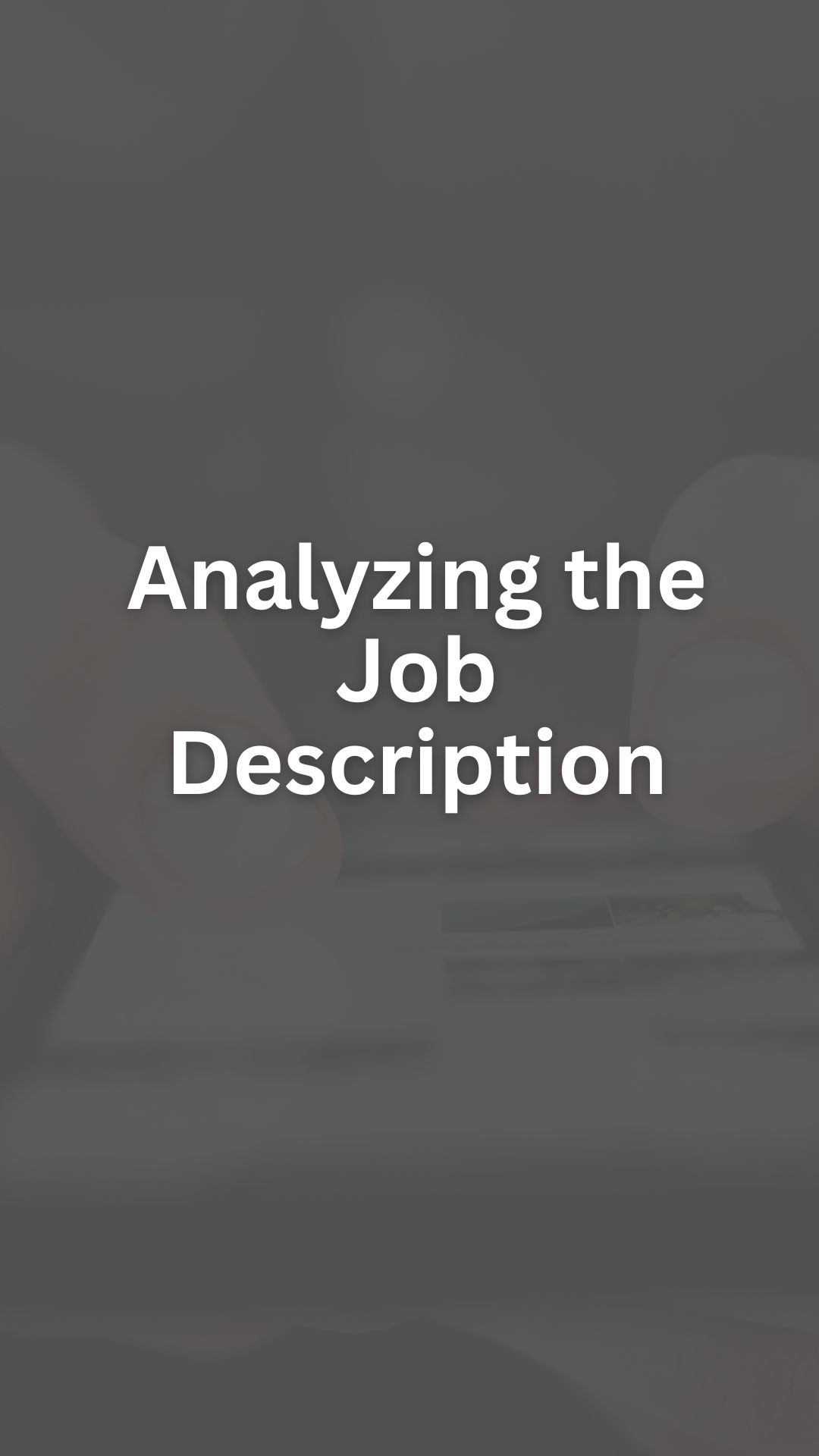
Analyzing the Job Description
Before your internship interview, it’s important to closely study the job description.
Understanding the key responsibilities will help you know what is expected.
Knowing the required skills can guide you in highlighting your strengths.
Key Responsibilities
Key responsibilities outline what you will do during the internship. They tell you what tasks you’ll handle daily.
Look for action verbs like manage, create, or develop.
These verbs explain the essential duties. For example, manage social media accounts means you might post updates or respond to comments.
Make a list of the main duties. This helps you prepare examples from your experience that match these tasks.
When you know what to expect, you can show confidence in your interview.
Required Skills
Required skills tell you what abilities the employer wants. They could be technical like knowing how to use certain software, or soft skills like good teamwork or communication.
Check if you have these skills. If not, see if you can quickly learn them or understand the basics.
Sometimes, the description splits skills into essential and desired. Focus on the essential ones first.
Make sure to emphasize these skills in your resume and during your interview.
Demonstrating that you have these abilities will make you a stronger candidate.
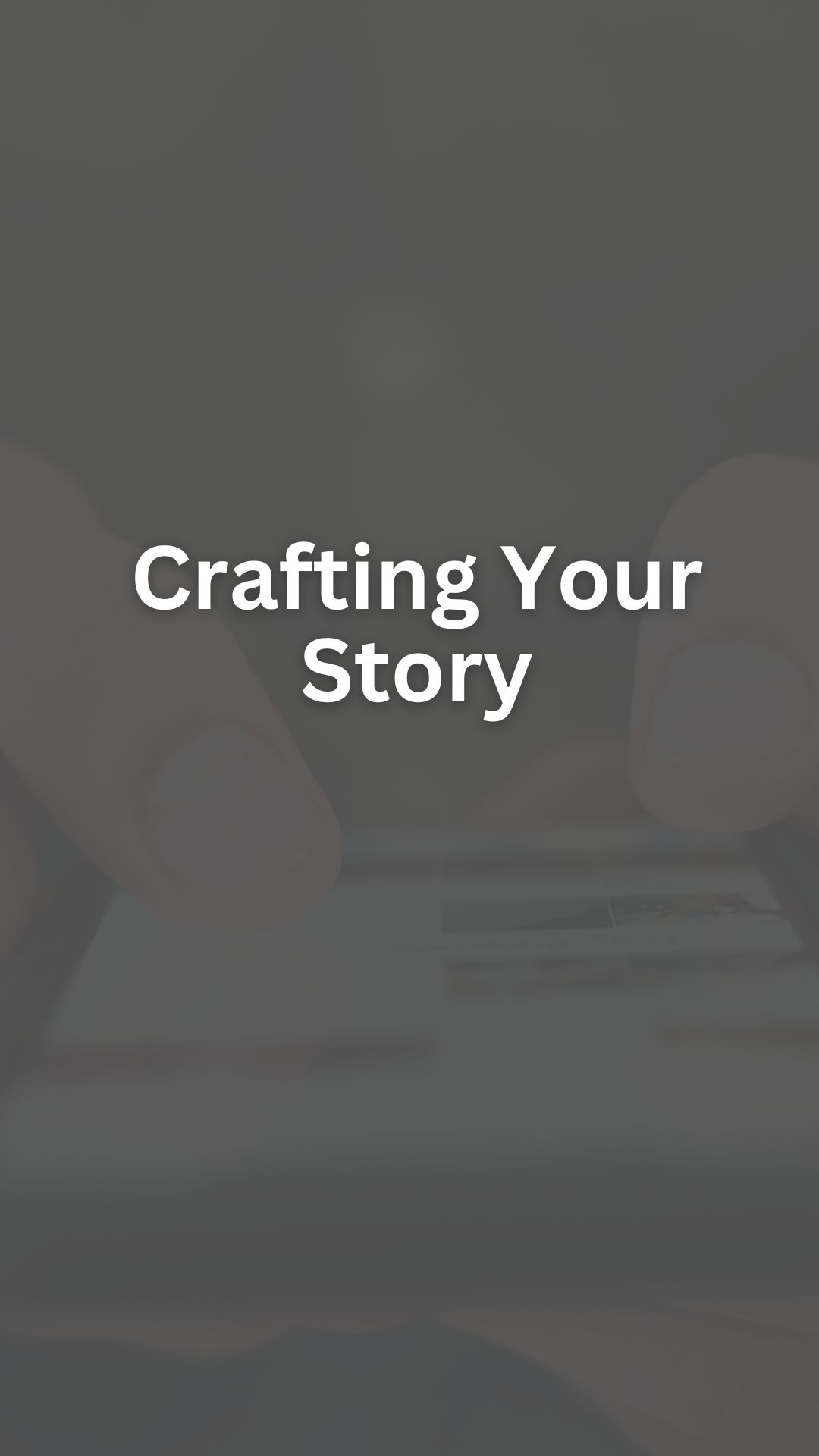
Crafting Your Story
To stand out in an internship interview, you should highlight your professional experiences, personal achievements, and educational background. This helps potential employers understand who you are and what you bring to the table.
Professional Experiences
When talking about your professional experiences, focus on jobs, internships, or volunteer work.
Describe your roles and responsibilities clearly. Use numbers to show your impact, like “increased sales by 15%” or “managed a team of 10”.
Explain what you learned and how it prepared you for this internship.
Relate your past roles to the job you are applying for.
Mention any skills you gained, such as teamwork, leadership, or technical abilities.
Keep your descriptions brief but meaningful. Employers appreciate concise explanations that show your ability to communicate effectively.
Highlighting the right details can make your experience stand out.
Personal Achievements
Your personal achievements are also important. These include awards, recognitions, or any projects you are proud of.
Share stories that show your dedication, creativity, or problem-solving skills.
Talk about how these achievements reflect your character and values.
If you led a successful project or won a competition, explain what steps you took and what the outcome was.
This shows your initiative and drive.
Be genuine. Employers want to see the real you.
Your personal achievements can set you apart from other candidates and show why you should be chosen for the internship.
Educational Background
Your educational background is another key area to discuss.
Mention your school, major, and any relevant courses.
Highlight any special projects, research, or group work that relates to the internship.
Include your GPA if it’s strong and any academic honors.
Talk about how your education has prepared you for this role.
Whether it’s specific skills or broader knowledge, make the connection clear.
Describe how your time in school has shaped you.
This helps paint a picture of your journey and future goals.
Your educational background can show employers that you have the foundation needed for the internship.
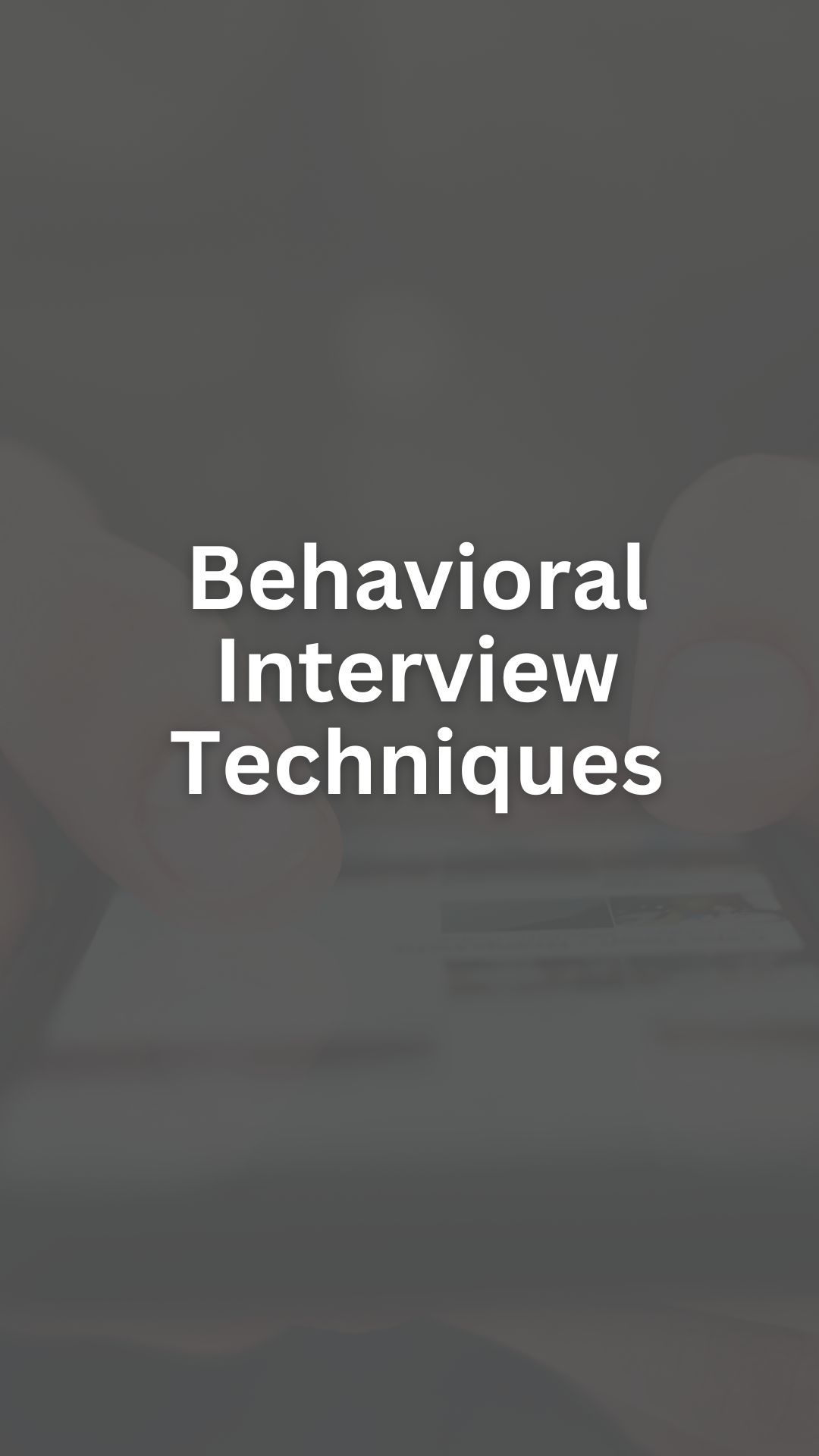
Behavioral Interview Techniques
Behavioral interviews are your chance to show how you’ve handled real-life situations. They reveal your strengths, problem-solving skills, and experiences in teamwork and leadership.
Situation-Task-Action-Result (STAR) Method
The STAR method helps you structure your answers clearly.
Situation: Describe the context or challenge you faced.
Task: Explain your role and what was expected.
Action: Detail the steps you took to address the task.
Result: Share the outcome and your impact.
For example, if asked about a time you faced a conflict at work, you could say:
- Situation: “We had a tight project deadline.”
- Task: “As team lead, I needed to keep everyone on schedule.”
- Action: “I organized daily check-ins and redistributed tasks.”
- Result: “We finished the project two days early.”
Problem-Solving Scenarios
Interviewers may ask about a time you solved a problem creatively.
Think of examples where you made a decision or came up with a new approach.
Emphasize the steps you took, the obstacles you overcame, and the success of your solution.
For instance, if you improved a process, outline:
- Challenge: “Our inventory system was causing delays.”
- Solution: “I proposed a new tracking system.”
- Steps Taken: “Implemented it with cross-departmental training.”
- Outcome: “Reduced delays by 50%, improving customer satisfaction.”
Teamwork and Leadership Examples
These questions explore how you collaborate and lead.
Share stories where you effectively worked in a group or led a team.
Highlight your contributions, how you managed conflicts, and motivated others.
Consider a scenario where you led a team project. Explain:
- Team Composition: “Led a diverse team of five.”
- Your Actions: “Delegated tasks, facilitated meetings, and resolved conflicts.”
- Success: “Completed the project ahead of schedule with high team morale.”
These examples can show your capability to work well with others and lead effectively.
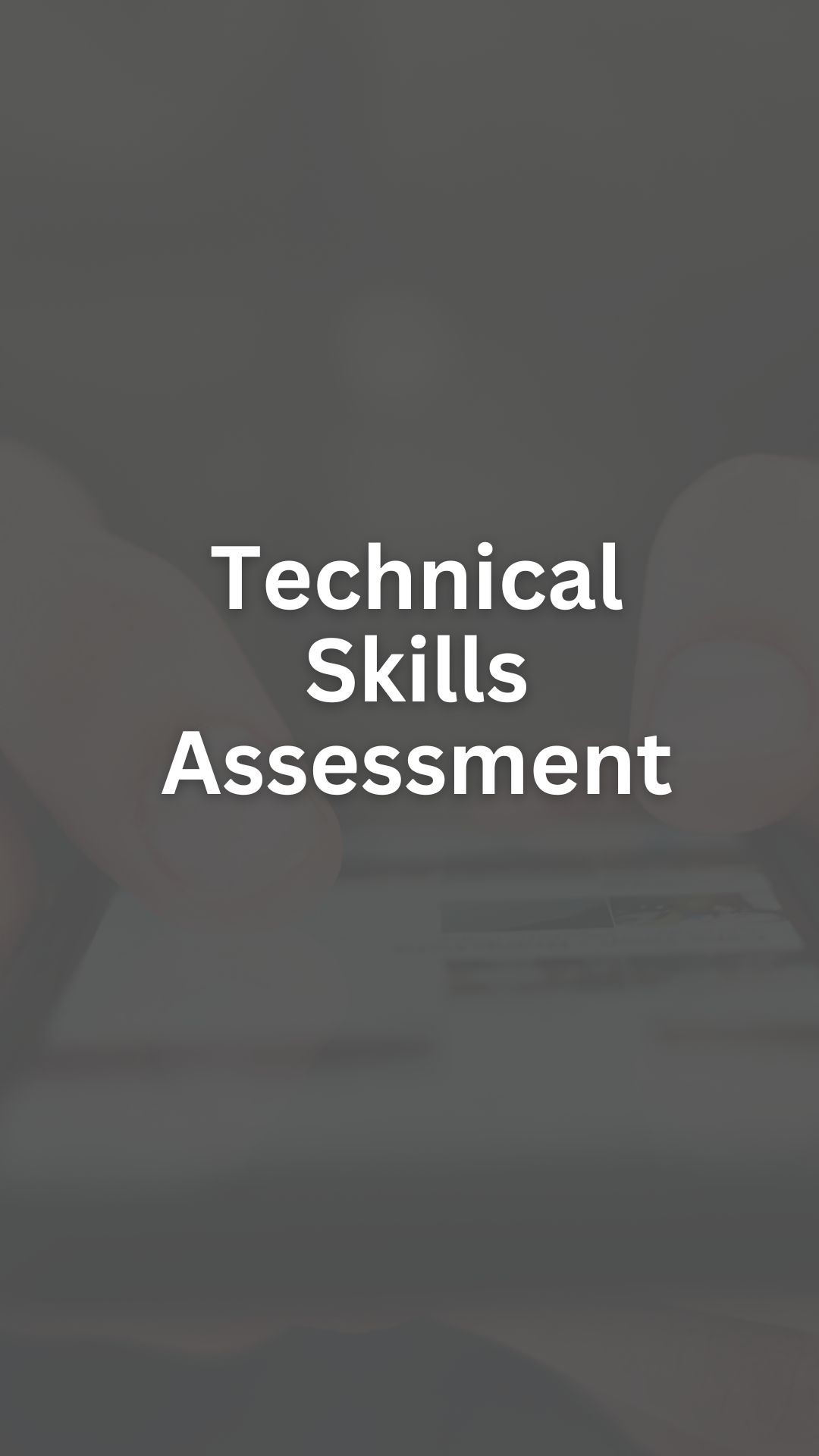
Technical Skills Assessment
Preparing for an internship interview often involves proving your technical proficiency. This includes your coursework, tools you know how to use, and projects you have worked on.
Relevant Coursework
Think about what classes you’ve taken that are linked to the internship.
Make a list of course titles and be ready to explain them. Did you take a Computer Science class? Mention important topics like algorithms or data structures.
If you took any advanced classes, highlight them too.
Show your depth of knowledge in areas like machine learning or web development.
This proves that what you learned is directly related to the job.
Industry Tools Proficiency
It’s essential to demonstrate your skills with industry-standard tools.
These tools could be software or programming languages that are crucial for your role.
List programs like Photoshop, AutoCAD, or MATLAB if they are relevant.
Make sure you can talk about your experience with languages such as Python, Java, or SQL.
Highlight any certifications or online courses that taught you these tools.
Being proficient with version control systems like Git is also a big plus.
Project Showcase
Projects are a great way to show off what you can do.
Think about any school projects or personal projects you’ve completed.
Choose the ones most relevant to the job and be ready to talk about them.
Break down your project to discuss what technologies you used and the problems you solved.
Was it a team project? Then, emphasize your role and how you contributed.
Don’t forget to mention any relevant outcomes like improvements in performance or efficiency.
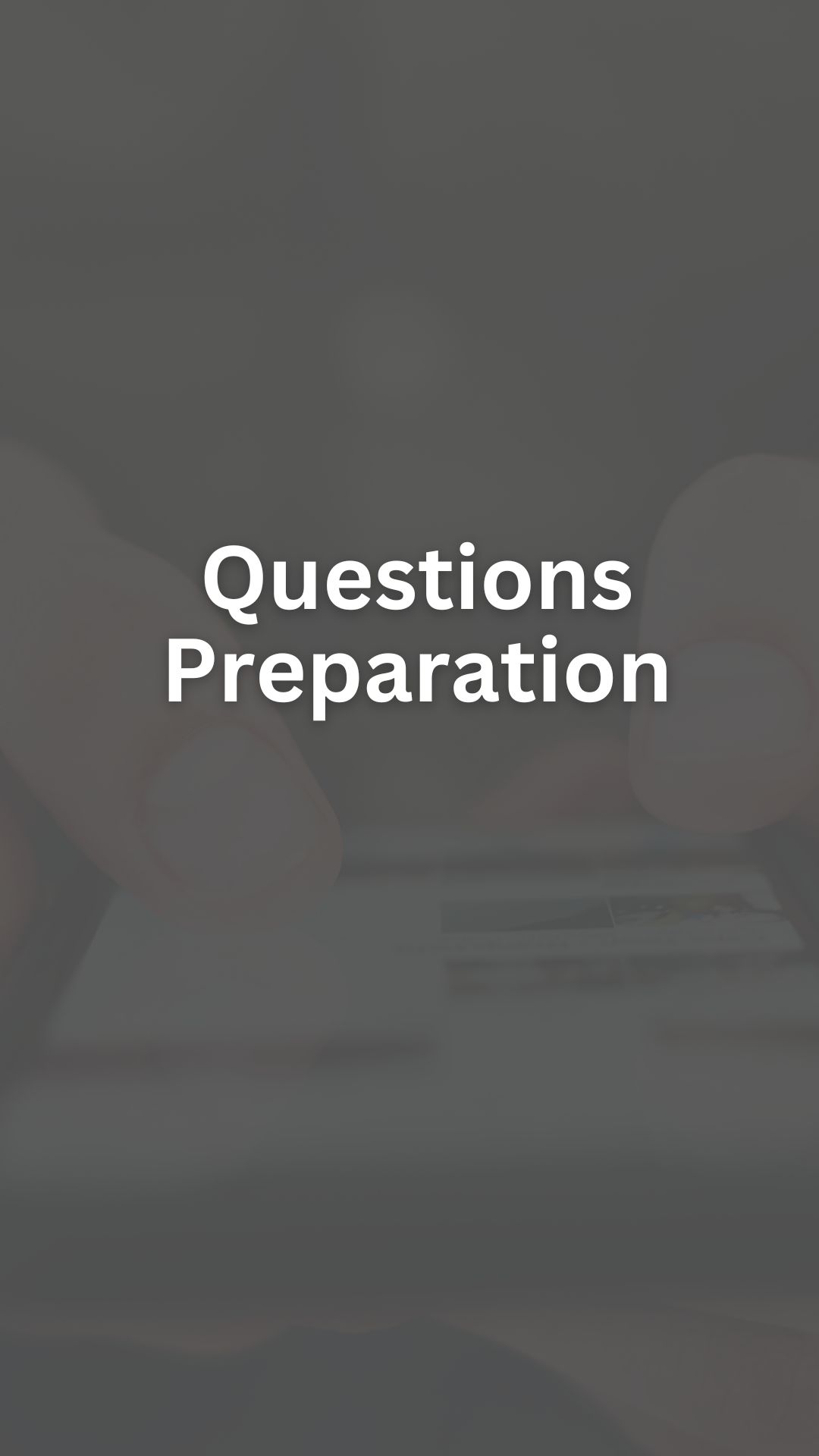
Questions Preparation
Getting ready for your internship interview involves preparing the right questions to ask. These questions can show your interest in the role and help you learn more about the company.
Inquiring About the Role
Ask specific questions about the role to show your enthusiasm and eagerness to learn.
Find out what a typical day looks like and what the most important tasks are. Here are some examples:
- Can you describe a typical day for someone in this position?
- What are the key responsibilities and challenges?
- Who will I be working closely with?
These questions will help you understand what to expect and how you can contribute effectively.
Asking About Company Culture
Understanding the company culture is important to see if you fit in.
You can ask about team dynamics, company values, or work-life balance. Consider these questions:
- How would you describe the company culture?
- What are the team dynamics like?
- Are there any company traditions or team-building events?
Knowing these details helps you gauge if the environment matches your working style and values.
Understanding Career Growth Opportunities
It’s important to know if there are growth opportunities in the company.
This shows that you’re looking for a place to grow and develop your skills. You might ask:
- Are there opportunities for professional development or further training?
- What does career progression look like for someone in this role?
- Is there a mentorship program available?
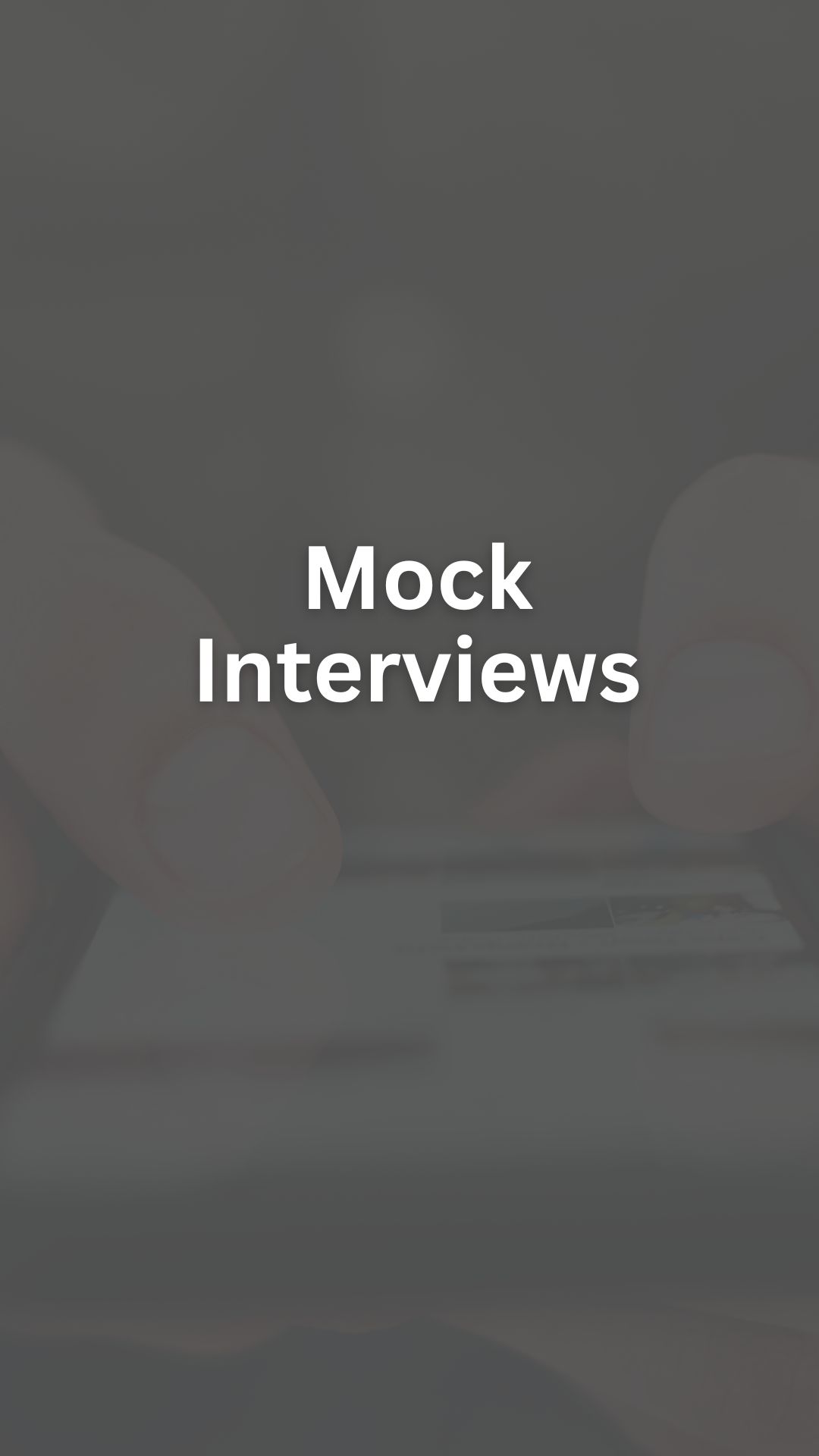
Mock Interviews
Mock interviews are practice interviews that help you get ready for the real thing. They give you a chance to answer questions you might be asked in the actual interview.
You can practice with a friend, family member, or even record yourself.
Benefits of Mock Interviews:
- Gain confidence
- Improve your answers
- Get feedback on your performance
Steps to Conduct a Mock Interview:
- Choose a Partner: Find someone who can ask you questions. This could be a teacher, mentor, or a classmate.
- Create a List of Questions: Look up common interview questions for the role you applied for.
- Set Up a Realistic Environment: Dress up, sit at a desk, and have your resume handy.
- Practice Answering Questions: Respond just as you would in a regular interview.
- Get Feedback: Ask your partner to give you feedback on your answers and body language.
Common Interview Questions:
- Tell me about yourself.
- Why do you want this internship?
- What are your strengths and weaknesses?
- Describe a challenge you faced and how you handled it.
Dress Code and Appearance
First impressions matter! Dressing the right way shows that you are serious about the internship.
General Tips
- Wear clean and pressed clothes. Wrinkled or dirty outfits can make you look unprepared.
- Avoid strong perfumes or colognes. Some people might be sensitive to strong scents.
For Men
- Suit and Tie: A well-fitted suit and tie always look professional.
- Shoes: Make sure your shoes are polished and clean.
- Accessories: Keep it simple. A watch and belt are enough.
For Women
- Business Suit or Dress: A conservative suit or dress is a safe choice.
- Shoes: Closed-toe shoes are usually best.
- Jewelry: Minimal jewelry is ideal. Avoid large, flashy pieces.
Grooming
- Hair: Should be neat and tidy. Avoid extreme hairstyles.
- Nails: Clean and trimmed nails are important.
- Facial Hair: If you have it, make sure it is well-groomed.
Checklist
| Item | Check |
|---|---|
| Clothes are clean and ironed | ✅ |
| Shoes are polished | ✅ |
| Hair is neat | ✅ |
| Nails are trimmed | ✅ |
Make sure you are comfortable in your attire. Confidence shines through when you feel good about how you look.
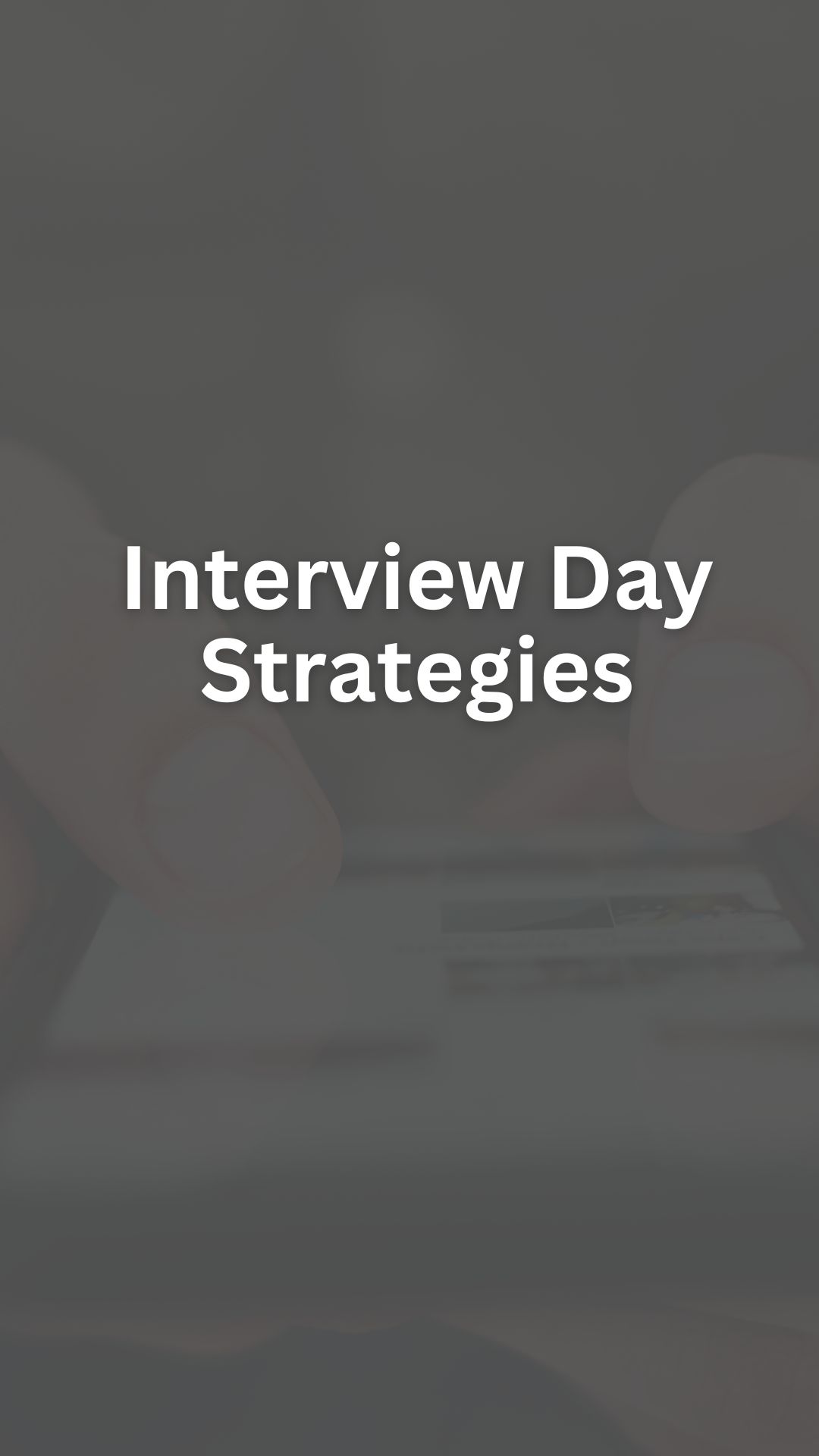
Interview Day Strategies
Being well-prepared and confident on interview day can make a huge difference. Focus on arriving on time, displaying positive body language, and knowing how to follow up afterward.
Timeliness and Location Logistics
Plan your route ahead of time to ensure you arrive early. Check for any traffic updates and plan an alternative route just in case.
Aim to arrive at least 15 minutes early. This gives you time to settle in and relax before the interview.
Know the exact location of the interview. Double-check the address and specific instructions, like which floor or office.
If possible, do a practice run a day or two before the interview to avoid any last-minute confusion.
Bring a copy of your resume, a notebook, and a pen. Showing that you are prepared and organized goes a long way.
Body Language and Confidence
Your body language can say a lot before you even speak. Sit up straight, make eye contact, and offer a firm handshake.
These small actions can give a strong impression that you are confident and ready.
Smile and use positive facial expressions. Nod and show you are actively listening.
Avoid fidgeting or slouching, as these can make you appear nervous or uninterested.
Practice your speaking voice. Answer questions clearly and concisely. Avoid filler words like “um” or “uh.”
It’s okay to take a brief pause to think before you answer.
Follow-Up Protocol
After the interview, sending a thank-you email is crucial. This shows appreciation and keeps you fresh in the interviewer’s mind.
Mention something specific from the interview to make it more personal.
In your email, express gratitude for the opportunity and reaffirm your interest in the position.
A short and polite message is best, aim for three to four sentences.
If you haven’t heard back in a week or so, it’s okay to send a polite follow-up email. Keep it brief, just a reminder of your interest in the role.
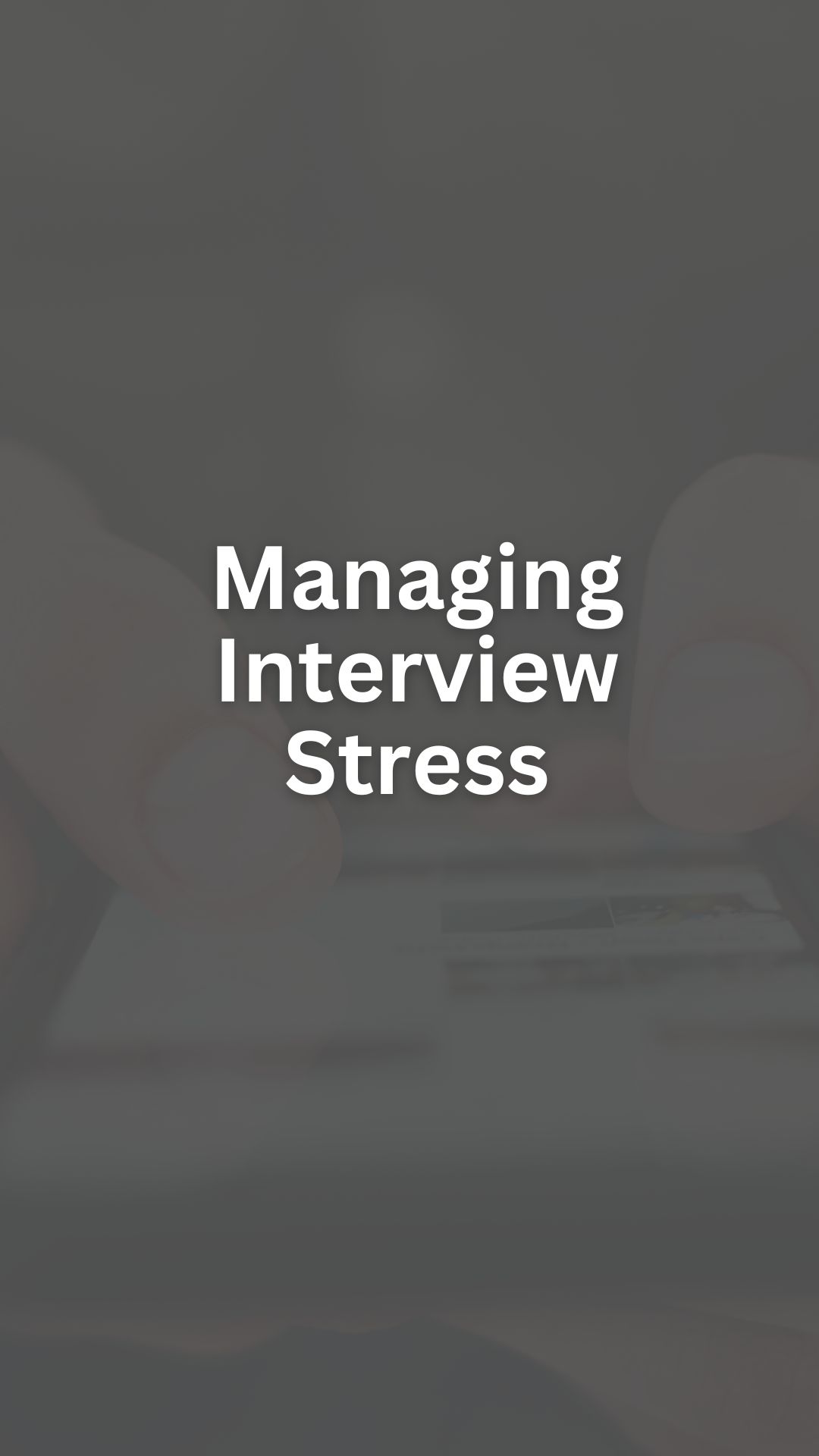
Managing Interview Stress
Feeling stressed about an upcoming interview? You’re not alone! Here are some helpful tips to keep your cool:
Prepare Well!
- Research the company.
- Practice common interview questions.
- Plan your outfit the night before.
Stay Positive
- Think about your strengths.
- Remember past successes.
- Visualize a positive outcome.
Deep Breaths
- Take deep breaths before entering.
- Breathe in slowly for four counts.
- Breathe out slowly for four counts.
Arrive Early
- Plan to arrive at least 15 minutes early.
- Use the extra time to relax.
Stay Hydrated
- Drink water before your interview.
- Avoid excessive caffeine.
Practice Self-care
- Get a good night’s sleep.
- Eat a healthy meal before going.
- Take a walk to clear your mind.
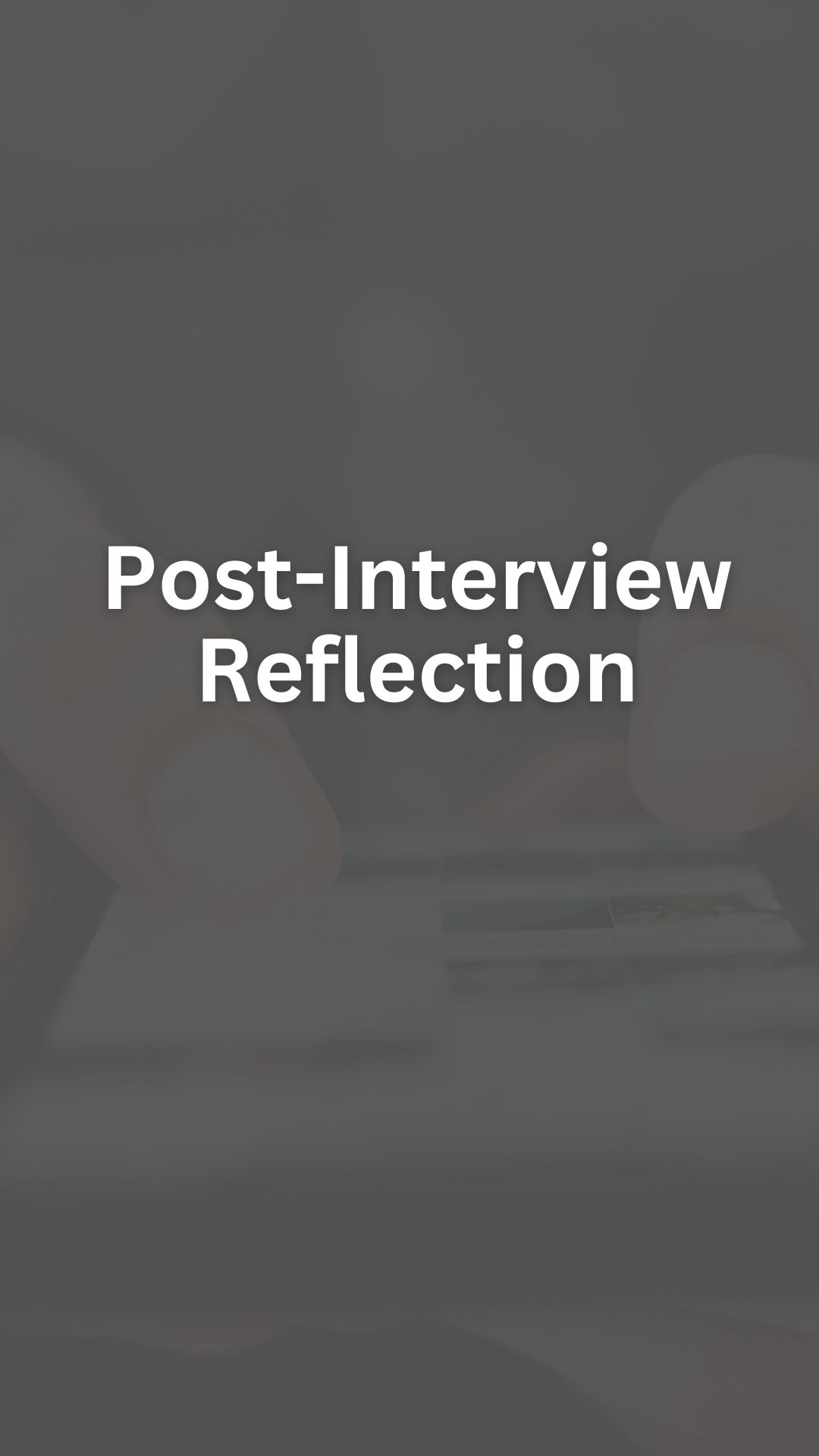
Post-Interview Reflection
Reflecting on your internship interview is super important. Right after the interview, take a few minutes to jot down your thoughts.
What to Think About:
- Questions You Answered Well: Write down the questions you felt confident about.
- Areas for Improvement: Note any questions that stumped you or where you could have answered better.
It can also help to recall how you felt during the interview. Were you calm? Nervous? This can give you clues on what to work on next time.
Tips for Better Reflection:
- Write a SWOT Analysis: Identify your Strengths, Weaknesses, Opportunities, and Threats.
- Feedback Loop: Ask for feedback from your interviewers if possible. This can give you specific areas to improve.
Use these notes to make a plan to improve. Maybe you need more practice with certain types of questions or more research on the company’s background.
Try to stay positive. Every interview is a learning experience. You’re one step closer to landing that internship!
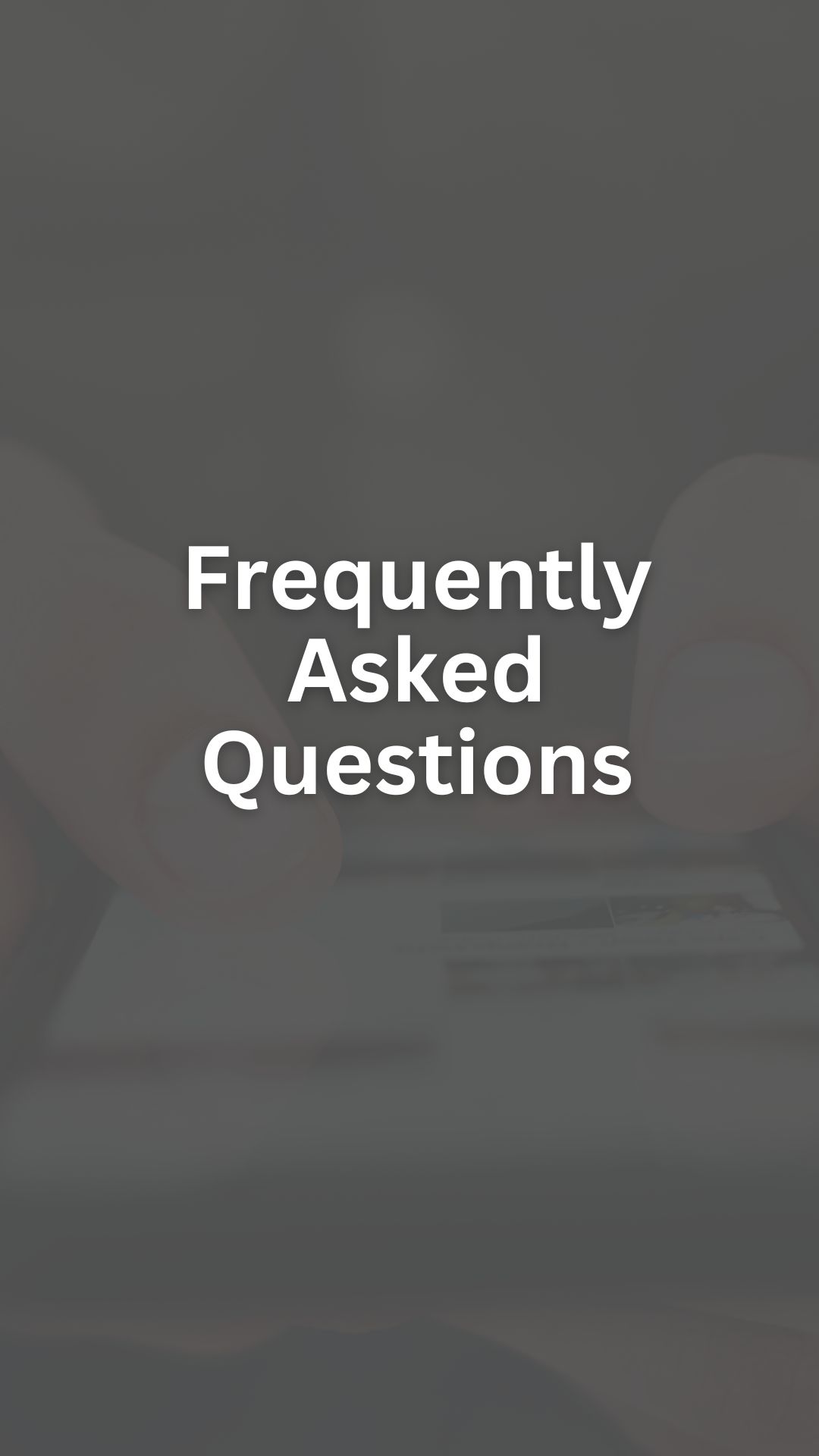
Frequently Asked Questions
Get ready for your internship interview with these common questions, useful strategies to stand out, and helpful tips on making a great impression.
What can I expect to be asked during an internship interview?
In an internship interview, you might be asked about your academic background, skills, and why you want the internship. Be ready to discuss your coursework, projects, and any past experience related to the internship.
Which questions should I definitely prepare answers for before my internship interview?
You should prepare answers for questions like, “Tell me about yourself,” “Why do you want this internship?” and “What are your strengths and weaknesses?” Practicing these will help you feel more confident.
What strategies can I use to stand out in an interview for an internship when I lack experience?
Highlight any relevant skills or volunteer work. Show enthusiasm for the industry and the company. You can also discuss any coursework or personal projects that relate to the internship.
How should I dress to make the best impression in an internship interview?
Dress professionally. For most internships, business casual is a safe choice. This means wearing slacks or a skirt, a button-down shirt or blouse, and nice shoes. Avoid wearing anything too casual or flashy.
Are there specific questions I should be ready to ask the interviewer for an internship role?
Yes, you should ask questions like, “What are the main tasks of this internship?” or “What qualities do successful interns have here?” Asking questions shows your interest and helps you learn more about the role.
What tips can help me excel in a technical or engineering internship interview?
Practice problem-solving questions and technical challenges.
Brush up on key concepts and any software or tools you might use.
Be prepared to explain your thought process and how you approach problems, not just the final answer.